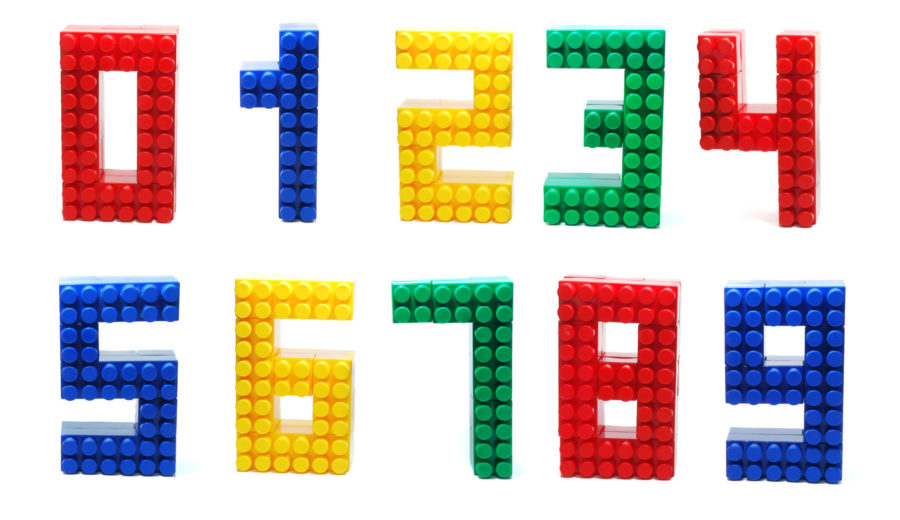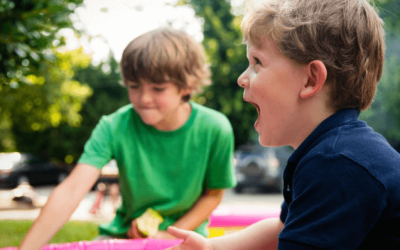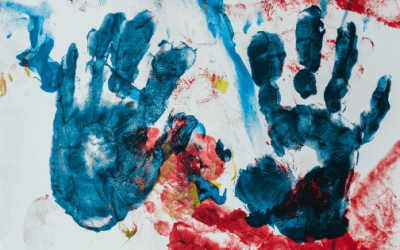When many parents think of the preschool and daycare activities that are most beneficial to their child’s mental and emotional development, LEGO play may not be high on the list. After all, how could something so fun be a great learning tool?
But that’s exactly what it is.
The fact that playing with LEGO is an enjoyable experience only makes it that much more effective in terms of childhood development. If you’re trying to decide between several great daycare or preschool programs, here’s why you might want to consider one that promotes LEGO play.
It promotes creative, cooperative play
Approximately 23.4% of tots under the age of five are involved in some kind of organized child care for young children — whether it’s a great day care, a nursery school, or a preschool program. There are a great many activities that can showcase the importance of cooperation and sharing. But one great thing about LEGO, specifically, is that there is room for all to play. The fact that LEGO play is an excellent example of cooperative play (wherein children can develop the same skills they would use in dramatic play) makes it even better. Daycare and preschool children have the freedom to tell their own stories, work through emotions, and bring their imaginations to life. And because curiosity and creativity are encouraged, the sky is truly the limit.
It improves motor skill development
During this time in your child’s life, improving one’s dexterity can be extremely beneficial. Working with small, interconnecting objects like LEGO allow your child to practice their finger and hand manipulations and build up the muscles in these areas. This can also allow them to work on coordination. Ultimately, playing with these small blocks will allow them to write, tie their shoes, paint, and perform other manual tasks with ease.
It increases critical thinking
When your child plays with LEGO blocks at the great daycare or preschool you’ve chosen, they aren’t just having fun. They’re developing neural connections and solving new puzzles as they arise. They learn about cause and effect, about task completion, about how to troubleshoot issues that arise in their design. Their persistence and sense of accomplishment are rewards in themselves, but the fact that they’ll be able to look at a bunch of blocks and know how to make something magnificent out of them — and how to fix or avoid problems along the way — is nothing short of amazing.
Of course, your child can benefit from playing with LEGO at home. But if you want to avoid stepping on one of those blocks with bare feet (a.k.a. every parent’s worst nightmare) and want your child to continue benefiting from LEGO play at daycare or at school, you may want to consider making this offering a bit of priority during your search for a childcare facility.




